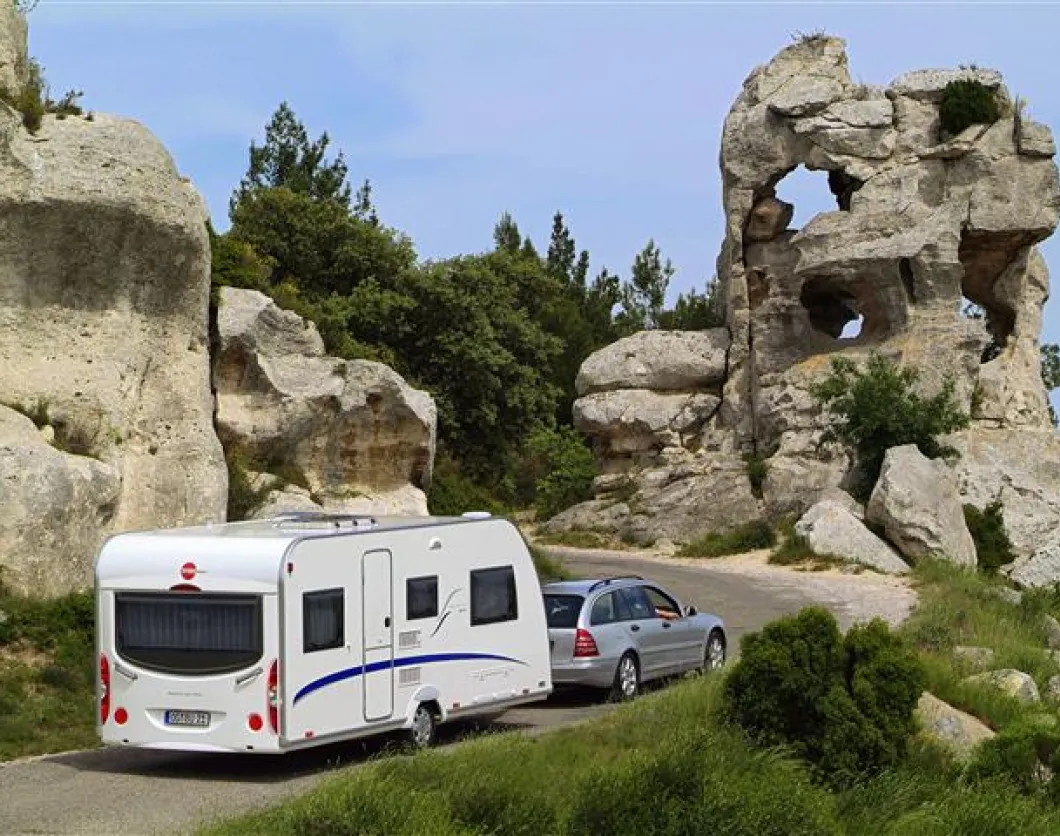
Online renting is nothing new for the car rental industry – major car hire companies were quick to spot the potential of the web in generating business and have been operating online for many years. The internet has since enabled a small number of car rental companies to strengthen their position as market leaders, by investing heavily in sophisticated e-commerce sites and powerful online marketing tools. Indeed, the European car rental industry – worth billions of euros – is now dominated by a handful of companies such as Avis, Hertz, Europcar and Sixt. However, the more recent emergence of online rental marketplaces is now giving smaller car rental companies the opportunity to compete and has created new opportunities for specialist car rental services.
Building a successful online business is no simple task. After all, it is not just about creating a website – it is also about generating traffic and converting potential customers into revenue. Indeed, major car hire companies invest very substantial sums in making their sites easy to find and use, making it difficult for small rental companies to compete. By applying the same successful marketplace model used by e-commerce giants like Amazon, online rental marketplaces remove the cost and complexity of e-commerce and create a level playing field in which each service has an equal footing. Rather than competing on the basis of e-commerce expertise, the online rental marketplace model ensures that rental companies are online, competing on the basis of service, price and location.
The online marketplace model, such as companies like a1autotransport, has made it possible for a variety of car rental services, including those that specialize in classic cars and motorhomes, to compete on a global scale. For instance, erento is helping a diverse range of rental services – from Harley Davidson motorcycle rentals in California to 4x4 rentals in Namibia – to instantly access the worldwide tourism market and generate customers from a variety of countries and continents. We now have the broadest range of vehicles for rent on the planet – from regular car hire to SUV’s, vintage cars, classic cars, supercars and even stretch Hummer limousines.
This trend for specialist car rental services is also being enforced by the growing demand for a rental experience rather than a standard holiday rental service. Indeed, holidaymakers at home and abroad are increasingly looking for rental services that fit the nature and location of their trip. For example, someone driving along the autobahn in Germany may prefer a Ferrari or Porsche while someone visiting Los Angeles is more likely to want a convertible Cadillac. We’ve also seen particularly strong demand for sports cars and convertibles this year as people opt for staycations rather than travelling overseas.
Environmental concerns are also having an effect as more and more people look to minimise the carbon footprint of their trip. While the popularity of hybrid car rentals has been particularly strong in the US, partly driven by high fuel prices, we’re now seeing a growing demand for hybrids in a number of countries and regions.
We’re also now expecting strong growth in demand for vans – though not from holidaymakers but home movers. As the property market recovers from the recent slump and people return from their holidays, we believe the last quarter of this year could see a flurry of home moving.
So while we have become accustomed to a commoditized car rental industry, characterized by large fleets of identical cars, the sector looks like it will undergo significant change over the coming years. In a more transparent market, where it is easier to find niche rental services, the variety of rental services available will become increasingly diverse – giving rental holidaymakers more choices than ever before.








